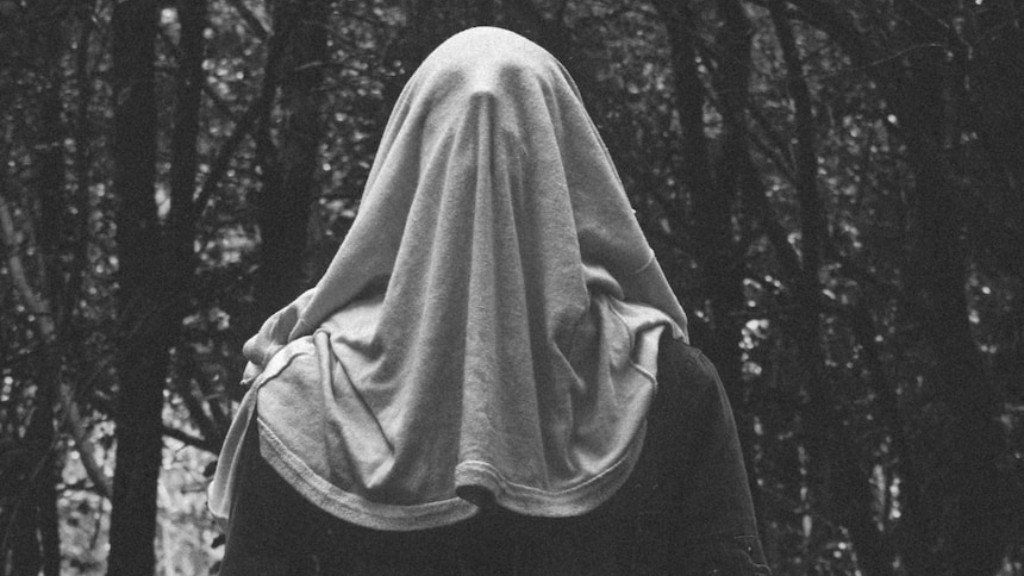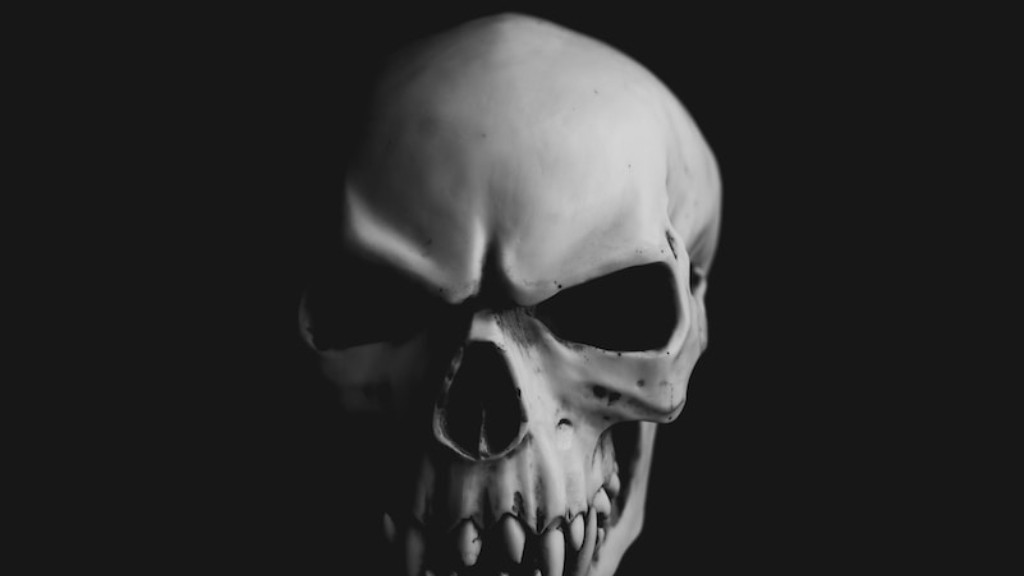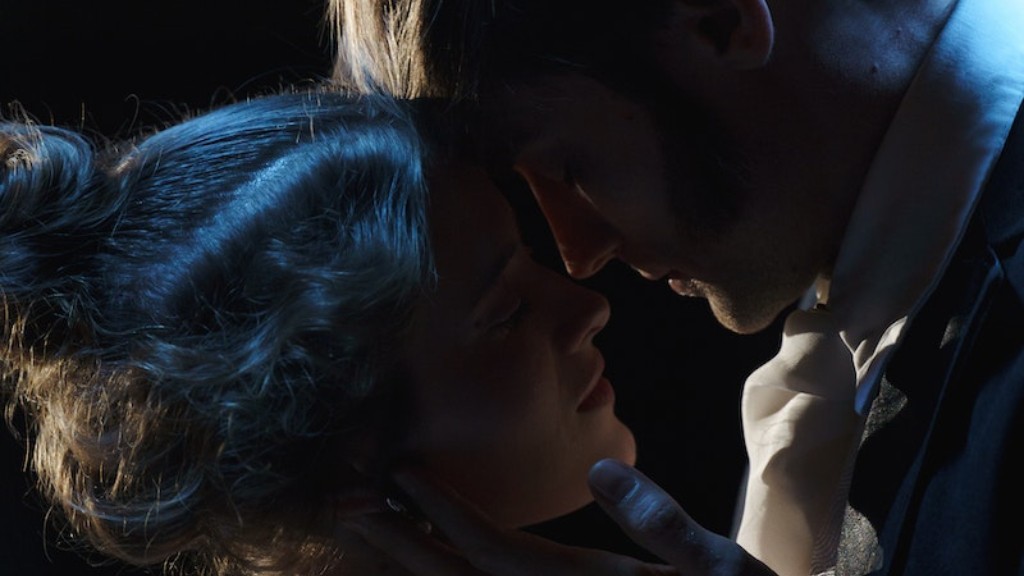Horror movies tap into a number of our deepest fears and anxieties. They provide us with a safe way to confront and explore these fears. They can also be a way to release tension and pent-up energy. Horror movies can also be a way to bond with others who share our love of all things scary.
The psychology behind why we like horror movies is that they give us a sense of suspense and excitement. This adrenaline rush can be addicting and often leads to people wanting to see more horror movies. For some, it is a way to desensitize themselves to fear and become better prepared for real life scary situations. It can also be a way to feel more in control when we feel like our lives are out of control.
What is the psychology behind liking horror movies?
Horror entertainment can trigger the fight-or-flight response, which comes with a boost in adrenaline, endorphins, and dopamine. The brain can then process surroundings and conclude that the experience is not a genuine threat. This knowledge of personal safety is one reason horror fans habitually watch scary movies.
Horror films are popular because they tap into our primal fears. These fears, such as fear of contamination and fear of being eaten, are evolved responses that help us survive in the world. By watching horror films, we can practice these responses and become better prepared for real-life threats.
Is it mentally healthy to watch horror movies
Horrific images can trigger unwanted thoughts and feelings, and increased levels of anxiety or panic. They can also increase our sensitivity to startle-eliciting stimuli, making those of us who are anxious more likely to respond negatively and misinterpret the sensations as real threats.
There is a large body of research on the personality traits and individual differences that are associated with a preference for and enjoyment of horror. Some of the most commonly cited personality traits include sensation seeking, empathy, theory of mind, need for affect, and the dark tetrad. Age and sex are also considered to be important factors in determining one’s horror preferences and enjoyment.
Why do people with trauma enjoy horror?
Addiction to trauma is a real phenomenon that is tied up in biology. That is, the films rev up the body’s sympathetic nervous system, inducing stress and anxiety. In some, the stress is a welcome thrill. The payoff comes when the movie is over.
There is some evidence that watching scary movies can help people with anxiety feel more in control. In one study, Clasen found that anxious people who watched scary movies felt more in control than those who didn’t watch them. “There may be a relief in seeking out situations that give you a blast of well-defined fear with a clear source and a crucial element of control,” he explains.
What do you call a person who loves horror?
Horror fans have always been classified according to their preferences and tastes. However, a new study has identified a new type of horror fan, known as the “dark coper.”
Dark copers are those who use horror movies and other scary experiences as a way to cope with their problems. For example, if someone is feeling anxious, they might watch a horror movie in order to help them relax.
While dark copers are a new classification, they are similar to the other two types of horror fans: adrenaline junkies and white knucklers. Adrenaline junkies get a mood boost from the intense experiences of horror. White knucklers, on the other hand, are those who enjoy the suspense and fear of horror, but don’t necessarily like the gore and violence.
So, if you’re a horror fan, which type are you? Do you watch horror movies to get a thrill, to relax, or to just cope with your problems?
Horror can actually be a helpful tool for those who are feeling anxious. It can help to stop ruminating about other things in their life and force the viewer to focus on the monster on the screen. This can be a good way to distract from negative thoughts and focus on something else.
Do horror movies help with depression
Horror films can actually teach us how to handle real-world stress better, according to Oaklee. During a stressful film, we are intentionally exposing ourselves to anxiety-producing stimuli. We usually don’t engage in the same unhealthy coping mechanisms that we utilize in real life. This can help us to learn how to better cope with real-world stressors.
The results of multiple studies indicate that watching scary movies can lead to an increase in adrenaline levels, releasing neurotransmitters in the brain. This can result in faster reaction times, better alertness, improved concentration, and a host of other benefits.
Do horror movies have benefits?
Researchers found that watching horror films can help people with anxiety learn healthy coping strategies and anxiety management techniques. The study found that horror films promote healthy coping strategies and anxiety management techniques for those with anxiety.
If you’re an Intuitive personality type, then watching horror movies is the perfect way to satisfy your hunger for suspense and excitement. You’ll love trying to figure out the hidden messages and what the film is really trying to say, and the suspense will keep you on the edge of your seat. So next time you’re looking for a good movie to watch, don’t forget the horror genre – it might just be your new favorite!
How do psychopaths react to horror movies
This is because psychopaths have a reduced startle response. Experiments have shown that they react far less intensely in situations that would evoke a fear response in most people. This is one of the things that makes them so difficult to catch and prosecute – they can remain calm in the face of what would be a highly stressful situation for most people.
This is an interesting study that challenges the stereotype of horror fans as being cruel and heartless. The study found that in some respects, horror fans may actually be more kind and compassionate than others. This is an important finding that could help change the way we think about horror fans.
Is liking horror movies a trauma response?
Horror movies can be triggers for those who suffer from post-traumatic stress disorder. In rare instances, watching these films can also cause PTSD. If you suffer from PTSD, it is important to be aware of your triggers and to avoid them if possible. If you do watch a horror movie, be sure to do so in a safe environment with someone who understands your condition and can support you if you need it.
Different types of people enjoy horror for different reasons. Some people enjoy feeling scared, others enjoy the suspense, and others enjoy the dark, gory aspects of the genre. However, all horror fans report feeling some benefits after engaging with recreational horror. These benefits include increased confidence, decreased anxiety, and improved social skills.
Final Words
Some scientists believe that people are drawn to horror movies because they provide a way to safely release feelings of fear and anxiety. Others believe that people enjoy the suspense and thrill of being scared in a controlled setting. Whatever the reason, there is no doubt that horror movies are popular with audiences of all ages.
The psychological appeal of horror movies is that they allow us to safely explore our fears and anxiety. By vicariously experiencing the fears of the characters on the screen, we are able to confront and explore our own fears in a controlled environment. In addition, horror movies often have a cathartic effect, providing a release for the pent-up anxiety and tension that we may be feeling in our everyday lives.





